-
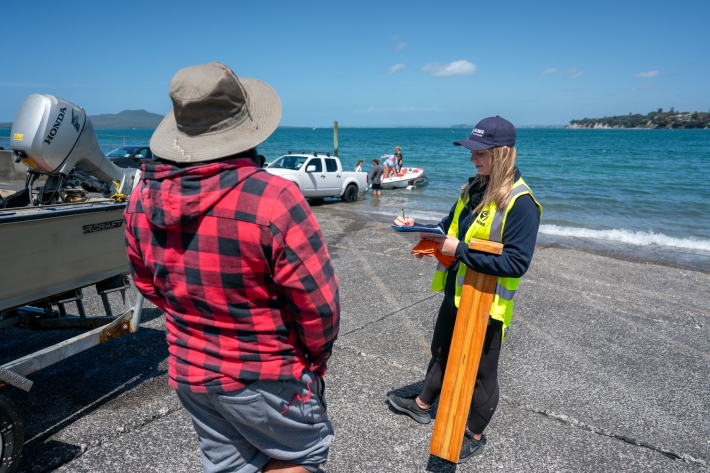
Recreational fishing
Research ProjectUnderstanding the trends in recreational fisheries is key to ensuring sustainable fisheries across the country. -
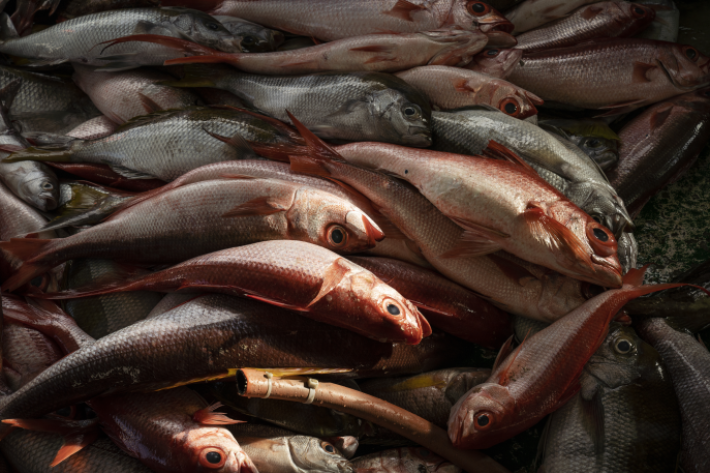
Improved sustainability of the demersal line fishery in Tonga
Research ProjectThe Tongan deepwater demersal line fishery is a valuable source of income, livelihood, and social well-being for the people of Tonga. The fishery has a history of boom-and-bust cycles with fluctuating catches and poor economic returns. -
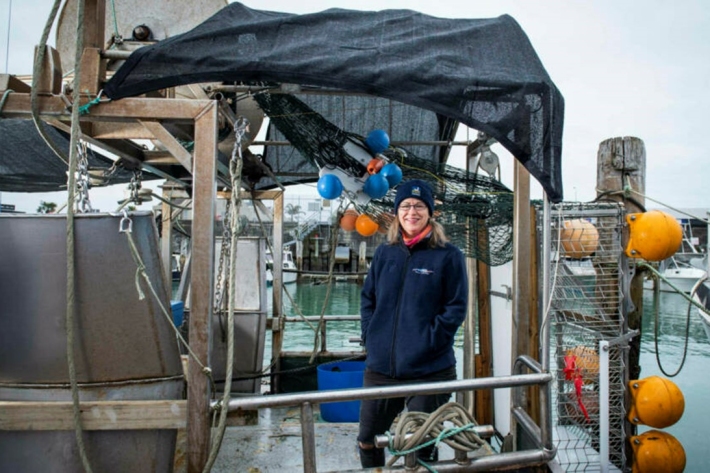
Novel underwater selection tools for environmentally and economically sustainable fishing
Research ProjectThis NIWA-led, three-year project developed a high-tech protype system to minimise bycatch of unwanted species in trawl gear. -
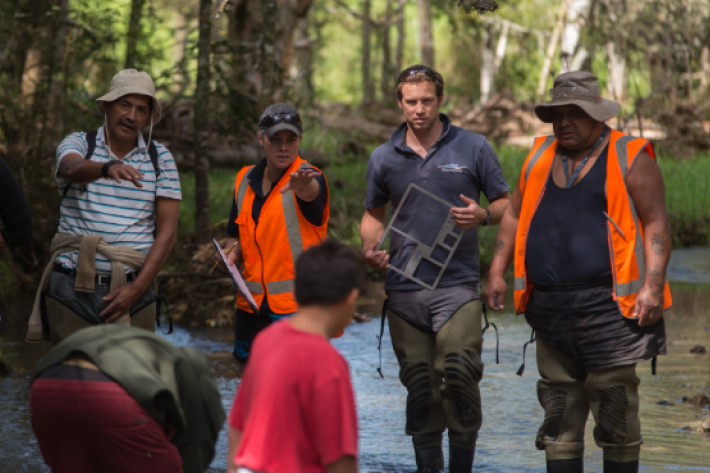
Cultural Keystone Species
Research ProjectA four-year research programme focused on the co-management and restoration of our freshwater taonga species. -
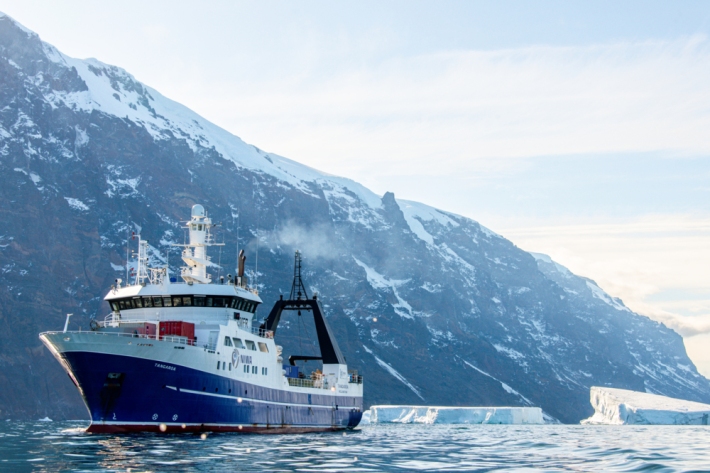
The Ross Sea Region Research and Monitoring Programme
Research ProjectThe Ross Sea Region Research and Monitoring Programme (Ross-RAMP) is a five-year research programme funded by the Ministry of Business, Innovation and Employment (MBIE) and run by NIWA to evaluate the effectiveness of the Ross Sea Marine Protected Area. -
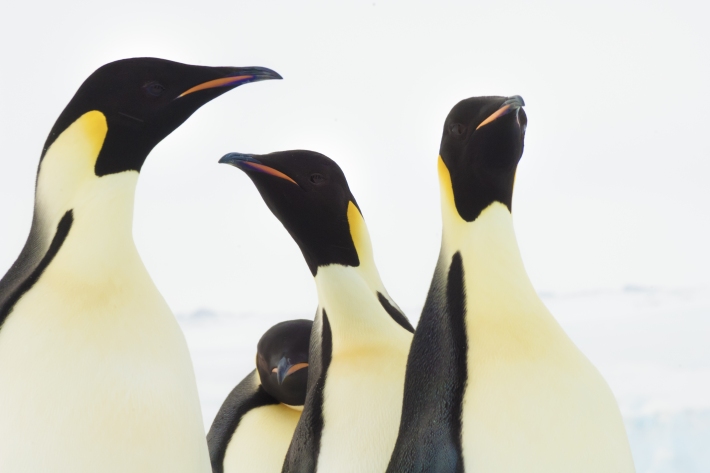
Ross Sea Environment and Ecosystem Voyage 2019
Research ProjectThe Ross Sea region is vital to the future of the Antarctic ecosystem. -
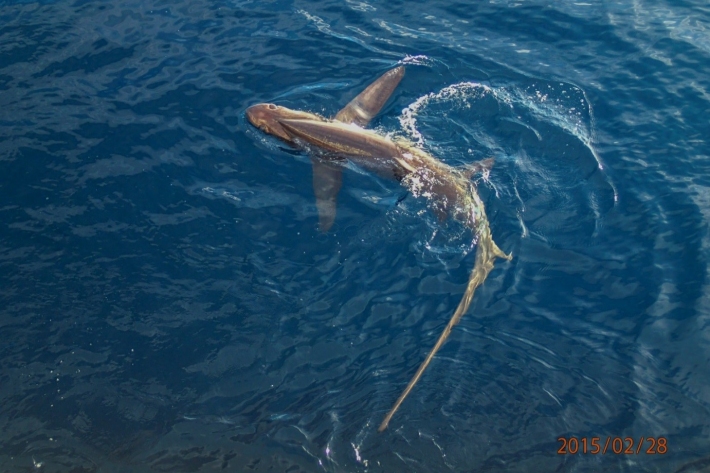
Pelagic shark risk assessments
Research ProjectNIWA has developed a new method for spatially-explicit, quantitative, sustainability risk assessment of pelagic shark population. -
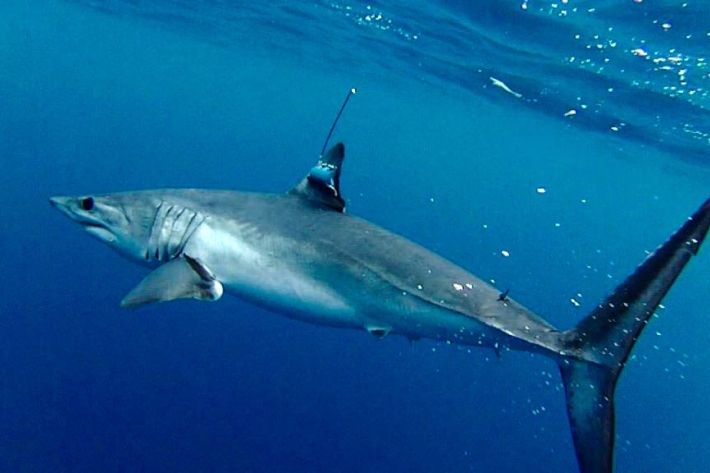
Shortfin mako sharks
Research ProjectSharks are vulnerable to overfishing because of their low reproductive rates and often low growth rates. Most pelagic sharks fall near the middle of the shark productivity scale, and there is concern that catching too many of them could lead to population depletion. In New Zealand waters, mako sharks are the second most commonly caught shark species (after blue sharks) on tuna longlines. -
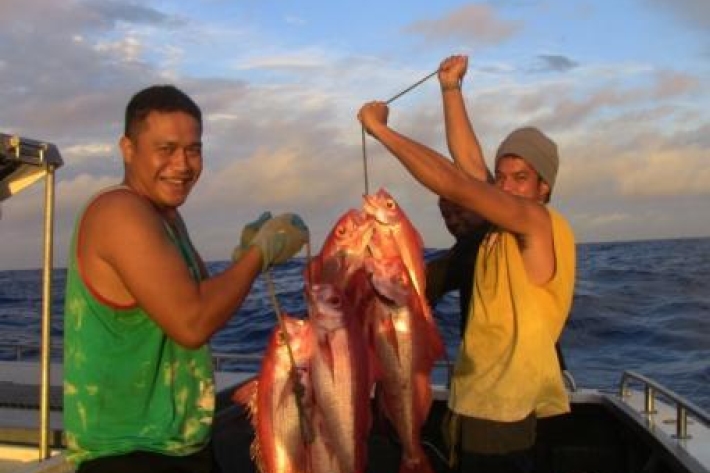
Tonga’s line fishery
Research ProjectNIWA is in its third year of a 5-year phased project on the deepwater line fishery in Tonga funded by the NZ Aid Programme’s Partnership for International Development Fund. The aim of the project is to deliver the improved governance, management, and economic and biological sustainability of the fishery focusing on deepwater snapper and bluenose in the Tonga EEZ. -
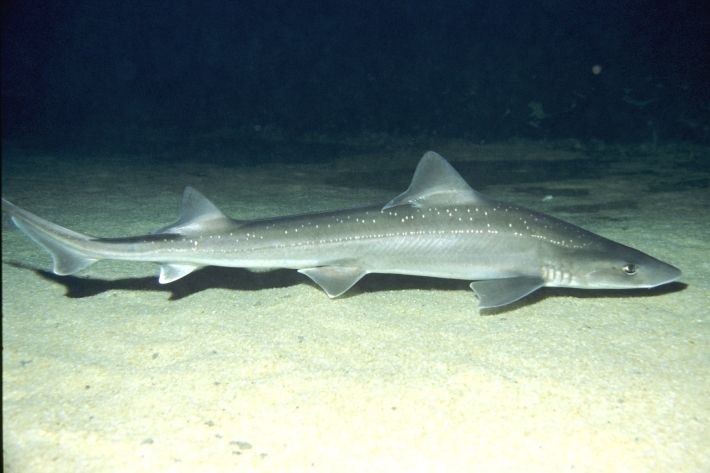
Rig shark
Research ProjectRig shark is an important inshore commercial fish species in New Zealand, and we need to understand more about their habitats, movements, nursery grounds and vulnerability to human impacts to ensure they are managed sustainably and their productivity is enhanced. -
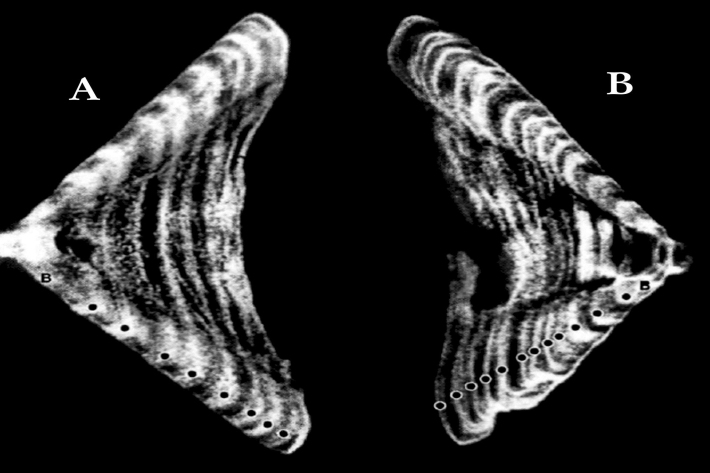
Determining the age of fish
Research ProjectNIWA expends considerable effort on determining the age of commercial fish species. But why age a fish? And how do we do it? -
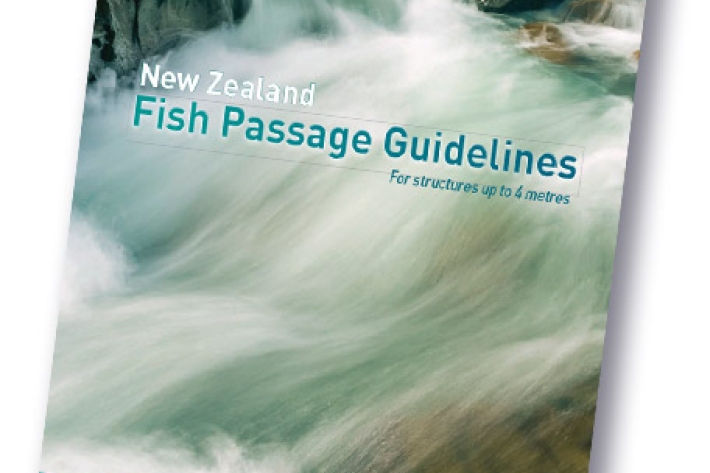
New Zealand fish passage guidelines
Research ProjectThe New Zealand Fish Passage Guidelines sets out recommended practice for the design of instream infrastructure to provide for fish passage.
